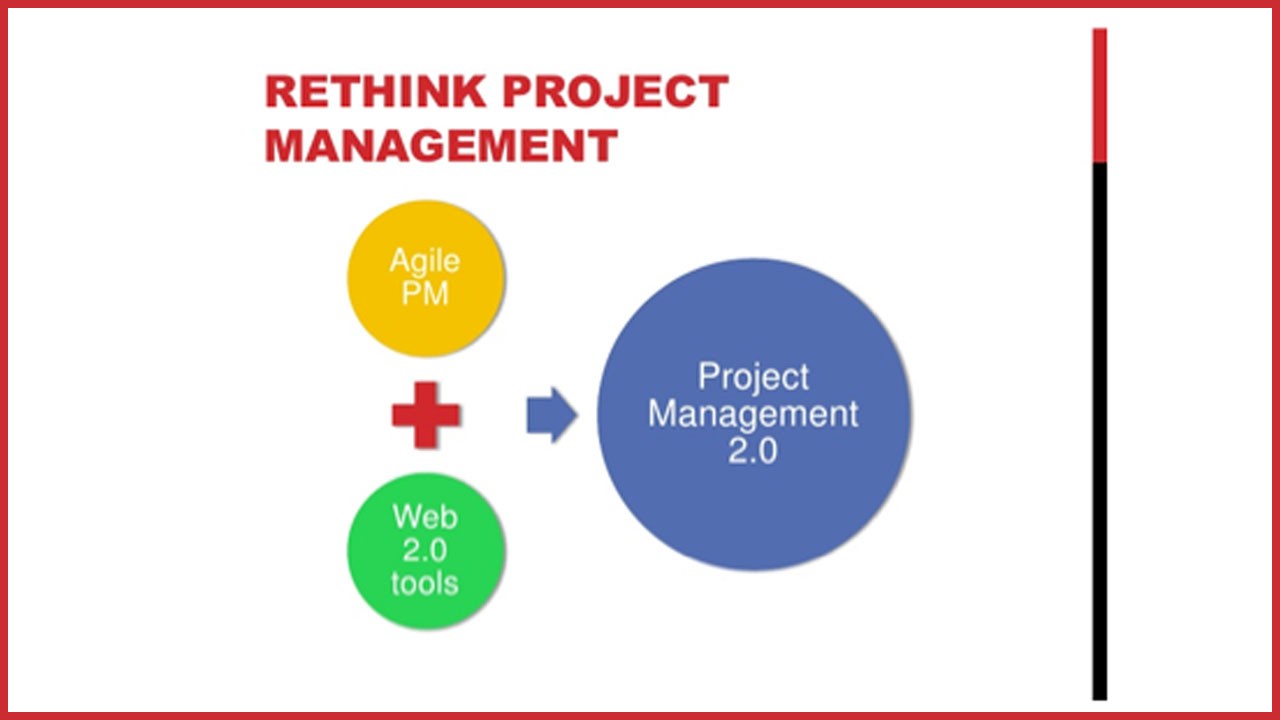

Companies in the healthcare, aviation, technology, software development, engineering, construction, real estate, publishing, financial, marketing, manufacturing, education, insurance, government and many more need and seek good project managers. The great part about a career in project management is that virtually every industry sector worldwide needs project managers with various specializations, making it a good career choice. Adaptability is another key nontechnical skill project managers must have to succeed. At a base level, project managers must exhibit leadership, be able to motivate team members, communicate, prioritize, and problem-solve. The role also requires a business mindset, team building and conflict resolution capabilities, and change management expertise, among other key skills in high demand. Closing phase: To complete a project, project managers must close all phases and procurements, settle budgets, hand over deliverables, conduct project post-mortems and reports, and return personnel to the resource poolĮffective project managers need more than technical know-how.Project managers must also oversee all team and stakeholder communications, control procurements, and manage all stakeholder engagements.

Monitoring and controlling phase: Once work is under way on a project, project managers must monitor the project work and initiated any necessary changes while validating and controlling the scope of the project, its costs, and the quality of its deliverables.Execution phase: During thisphase, project managers are responsible for directing and managing all work for the project, including the following: selecting, developing, and managing the project team managing all aspects of communications taking action on securing necessary procurements performing all aspects of quality management managing all stakeholder expectations.They must also identify potential risks, perform qualitative and quantitative risk analysis, and plan risk mitigation strategies, while also identifying required procurements and setting stakeholder expectations. With this as a guide, they can then plan and estimate costs, determine budgets, identify human resource needs, and establish plans for communications and quality management. They must also plan, define, and develop schedules and activities, as well as estimate the resources necessary to complete the project, determining each activity’s estimated duration. Planning phase: In developing a project management plan, project managers must define project scope, create a work breakdown structure (WBS), and gather requirements.Initiating phase: During a project’s initial phase, project managers are responsible for developing the project charter and identifying the relevant stakeholders involved in achieving the project’s intended outcome.Each phase emphasizes a different mix of project management skills and knowledge areas, including integration, scope, time, cost, quality, human resources, communication, risk procurement, and stakeholder management. Project manager responsibilitiesĪ project manager, with the help of their team, is charged with multiple responsibilities that span the five project phases of a project life cycle outline below. They also assess risks and resolve any issues that arise throughout a project’s life cycle, often being called on to make difficult decisions regarding complex and competing priorities in an effort to achieve desired project outcomes. To succeed in their role, project managers must be adept at coordinating resources, managing budgets, measuring and tracking project progress, and communicating with team members and stakeholders. They are accountable for the entire project scope, the project team and resources, the project budget, and the success or failure of the project. Project managers play the lead role in planning, executing, monitoring, controlling, and closing out projects.


 0 kommentar(er)
0 kommentar(er)
